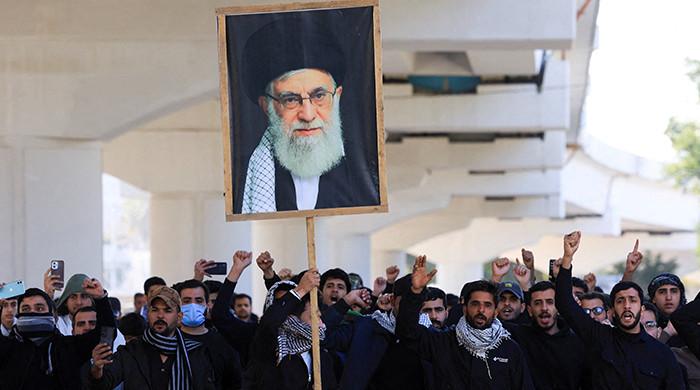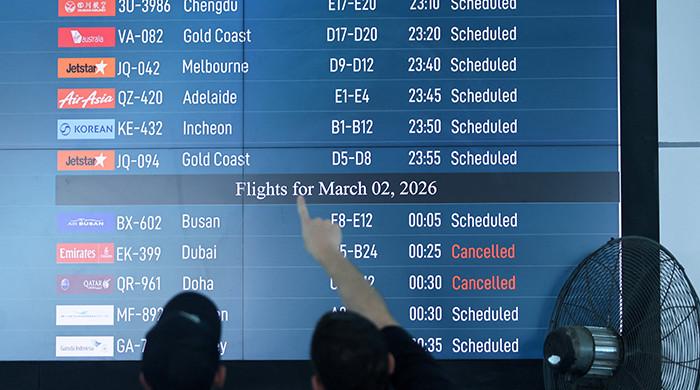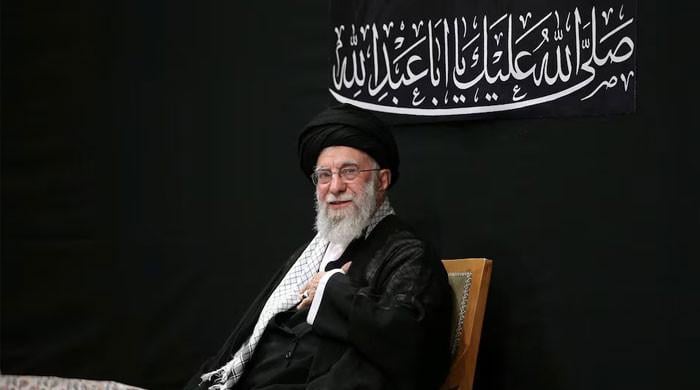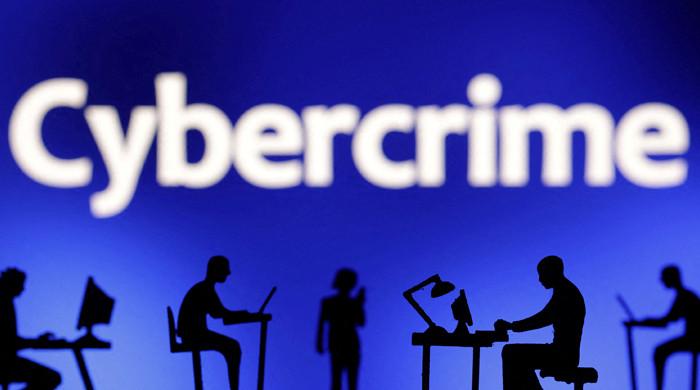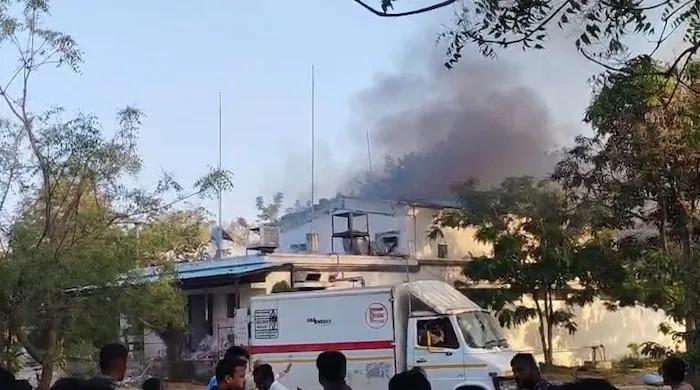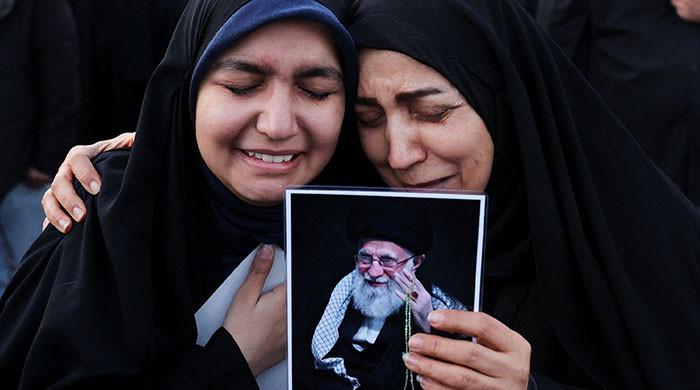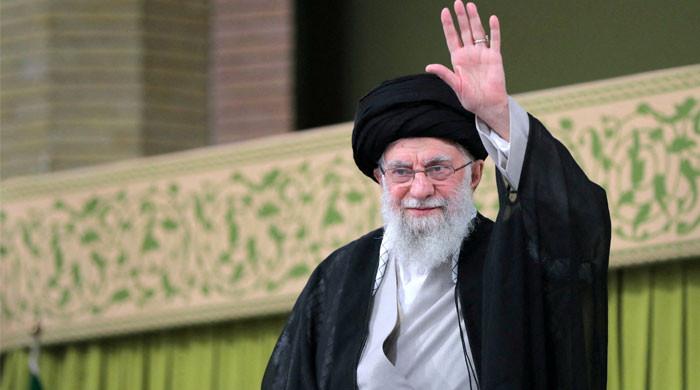Third gender students get major leg-up in east Indian state
This year, transgender students will for the first time sit for a common examination in India’s Bengal state.
April 20, 2016
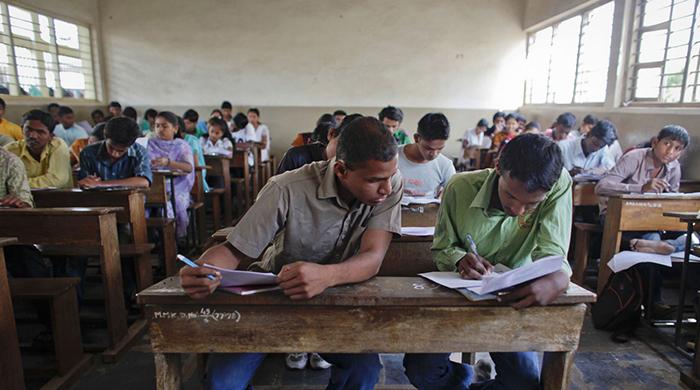
KOLKATA: This year, transgender students will for the first time sit for a common examination held every year for admission to government-run medical and engineering colleges in India’s Bengal state, authorities said.
This became possible after the board overseeing the exams created a new gender category in the 2016 online application form – “third gender” – in addition to the usual “male” and “female” categories.
Board Chairman Sajal Dasgupta said two transgender students – both Muslims – have taken advantage of the new offering; one will take the test for medical colleges and the other for both.
“What is very significant is that they are Muslims,” Dasgupta told reporters. Moreover, both are from the state’s interiors.
The National Informatics Centre, under the Ministry of Communications and Information Technology, advised the board to add the “third gender” category while guiding it in designing the online application form, Dasgupta said.
In May last year, the University Grants Commission, the apex body for overseeing higher education in India, asked varsities to create provision for the transgender community in application forms.
Bengal’s education sector was among the first to take a proactive step in embracing the third gender.
In fact, it went one step further, appointing a transgender as the principal of a girls’ college. Plus, Rabindra Bharati, a Kolkata-based university, also began admitting third gender students.
However, these are individual institutions taking decisions independently.
With the latest development, transgender students will get acceptance in more colleges, including prestigious institutions like the Calcutta Media College and Jadavpur University.
Jadavpur boasts of an illustrious alumni including Indian-American entrepreneur Swadesh Chatterjee, who was among President Clinton’s advisors during his India visit in 2000.
“Somewhere, even if it is a slow progress, an empowerment is taking place, and parents and family members of such students are recognising their separate identity,” Rabindra Bharati Vice-Chancellor S.B. Roychowdhury told The Times of India.
— Anik Basu is a Kolkata-based journalist contributing for Geo.tv




